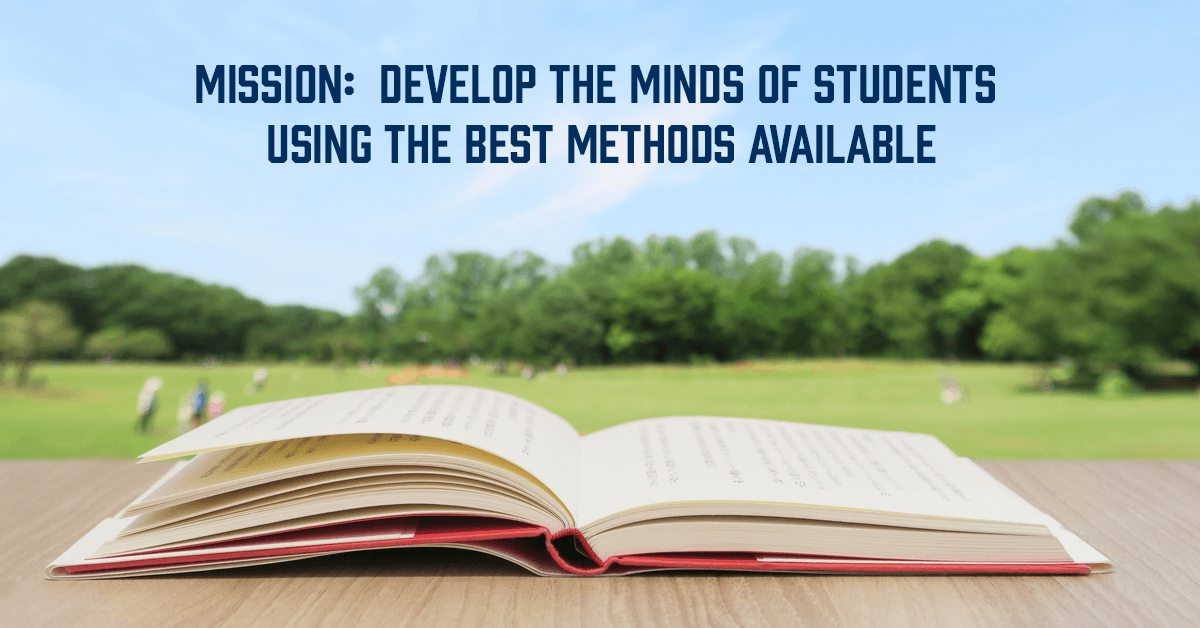This is the first in a series of articles written by either Ray Ravaglia or Sanje Ratnavale in which topics of disruption and mission will be explored in the broader context of how schools should change when they find themselves pulled in directions that may be misaligned with their missions.
While independent schools like to think of themselves as timeless and eternal, the world around them is constantly shifting. With these shifts comes the need for reflection and reexamination particularly when changes in technologies, priorities or societal concerns suggest that old practices should give way to new ones. In the past 18 months, faced with a global pandemic and social unrest, schools have had both their manner of operation and reason for being shaken to the firmament.
This process of re-examination and reflection is necessary because they have a tendency to fall in love with their current practices, losing sight of why they were introduced. As when circumstances change they can spend more time thinking about how the changes impact the practices themselves rather than focusing on the more fundamental question about the continued relevance of the mission.
A simple example to illustrate this point is the Harkness Table.…


